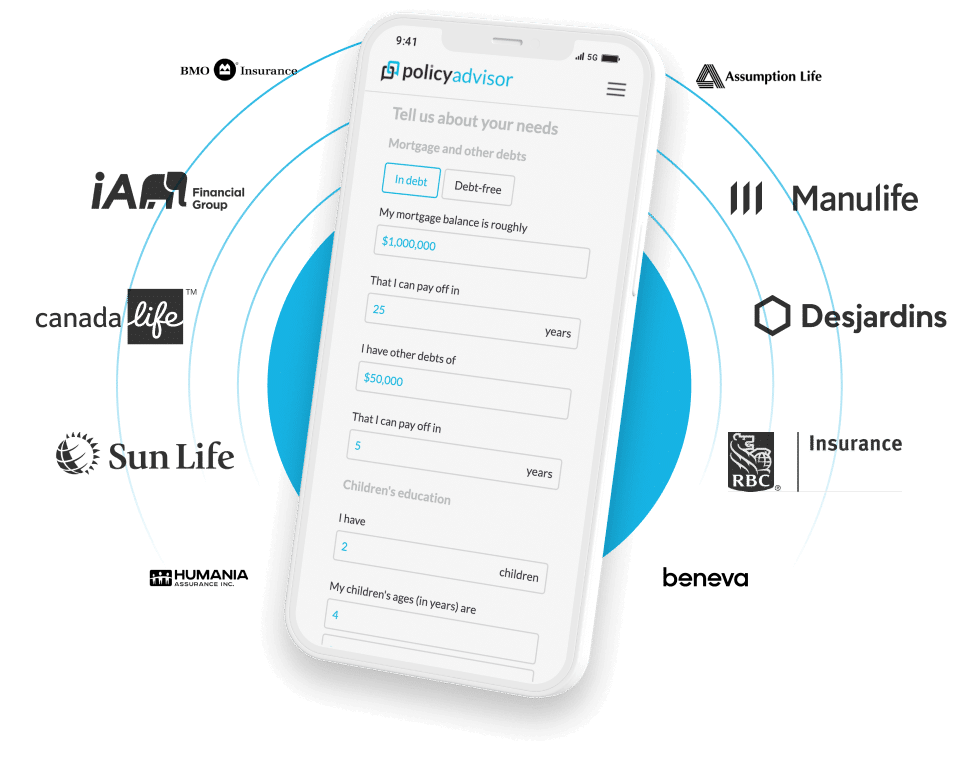
If you’re leaving or arriving in Canada for an extended period or doing business here, you may be liable to Canadian taxes. Understanding your Canadian tax liability can prevent problems down the road.
If you live, work, sleep, and raise your family in Canada, it might be obvious you’re liable to taxes here. But this issue isn’t always black and white. This article explores the not-so-obvious circumstances of when you may be liable to Canadian taxes.
Canadian-sourced income and tax residents
If you’re not a resident, there are often two ways your income is taxable in Canada. First, you could have Canadian-sourced income which is liable to Canadian tax. In this scenario, only your Canadian income is liable to tax and not your other incomes.
Alternatively, the Canadian tax system may find you’re living an “ordinary life” in Canada and deem you a tax resident. Tax residents are liable to tax on their worldwide income. So, the money you make in other countries may also be taxable in Canada.
It’s essential to understand your tax liability. If you’re liable to Canadian tax, you’re required to file a Canadian tax return, even if you don’t live in Canada. If you discover you’ve been liable to Canadian tax in prior years. You will need to either leverage the voluntary disclosure program to rectify past tax years or face penalties, fines, and possibly criminal prosecution.
How are non-residents taxed in Canada?
While tax residents are liable to Canadian taxation on their worldwide income, you’re only liable to Canadian tax for your Canadian-sourced income as a non-resident. Canadian-sourced income can include:
- Income from employment from a Canadian employer
- Income from a business in Canada
- Taxable capital gains from the disposition of Canadian property
- Investment income from Canadian property
- Rental income from Canadian property
The laws to determine what Canadian-sourced income is and whether it’s liable to tax are complex. Hyper-specific rules can dictate how situations are managed from a tax perspective. Further, tax treaties between a non-resident’s home country and Canada add another layer of regulations. If you’re a non-resident who earns Canadian-soured income, you’ll likely have to file a non-resident tax return.
If your Canadian source income is from a property such as dividends, interest, or rental income, this income may be subject to a withholding tax — a flat rate of 25%. Occasionally, this flat-rate tax is reduced depending on the relevant tax treaty. If you only receive income that is subject to withholding tax, you’re not required to file a non-resident tax return.
How to know if you’re a tax resident
Your immigration status doesn’t necessarily dictate if your income is taxable in Canada. Even if you’re a non-resident for immigration purposes, you may still be a resident for tax purposes. As a Canadian tax resident, your worldwide income is liable to Canadian taxes.
There are usually two types of tax residents — factual and deemed. There are also occasions where you’d regularly be a Canadian tax resident, but due to other rules, the tax system deems you as a non-resident.
Factual resident — sojourner rule
A factual resident is someone who falls into the sojourner rule — i.e., if you remain in Canada for a total of 183 days or more in a year, you’re considered a Canadian tax resident for the entire year. This determination remains true even if you don’t have any other ties to Canada, such as a home or family.
Deemed resident — residential ties
Even if you aren’t in Canada for 183 days of the year, you could be a deemed resident if you have significant ties to the country. The most significant ties include:
- Dwelling place in Canada;
- Spouse or common-law partner in Canada; and,
- Dependents in Canada.
If you have any of these ties to the country, you have a strong chance of being a deemed resident and, therefore, taxable in Canada on your worldwide income.
There are also secondary ties. These factors are relevant towards your deemed residence status but aren’t as important as the factors above:
- Personal property in Canada, such as a car
- Affiliation to Canadian recreations, community, or recreational organizations
- Canadian bank accounts or credit cards
- A Canadian driver’s license
- A Canadian passport
- Provincial health insurance such as OHIP
The Canada Revenue Agency uses these factors to identify whether you’re taxable in Canada. A deemed residency is also attached to a particular date. Unlike factual residents, this allows deemed residents to be such for only part of the year.
Deemed non-resident
The Canadian tax system, usually a tax treaty, can also deem that you’re a non-resident of Canada for tax purposes, where you otherwise would be a tax resident. A deemed non-resident under this rule can remain unaffected by the sojourner rule or by other ties to Canada.
Take for example a foreign diplomat. They may stay in Canada for most of the year (more than 183 days) but be a deemed non-resident due to Canada’s tax treaty with the foreign diplomat’s home country. Therefore, their worldwide income would not be taxable in Canada.
Deemed non-residents can also be such for only part of the year, similar to deemed residents.
How to clarify your residency status
Some people’s tax residency may be less clear-cut than others. Situations such as a cruise employee with two passports and whose family remains in Canada are complex and confusing without external help. Speaking to a tax professional or asking the Canada Revenue Agency directly can help remedy your confusion.
Speak with a tax accountant or lawyer
Tax professionals frequently deal with tax residency questions and can provide insight on how the deemed residency factor may sway in your situation based on their experience. A tax lawyer can comment on laws and court decisions regarding tax residency, which can clarify your status beyond the factors listed above.
A tax professional can also help you understand the tax liability of your Canadian-sourced income, and where it’s taxable as determined by specific tax treaties.
Seek a Canada Revenue Agency determination
A residency determination request to the Canada Revenue Agency can clarify your residency status. There is the Form NR73 (Determination of Residency Status – Leaving Canada) or Form NR74 (Determination of Residency Status – Entering Canada), which you or your accountant/tax lawyer can fill to get an answer from the Canada Revenue Agency about your residency status.
However, even if the Canada Revenue Agency provides a determination, they can still reassess you contrary to this determination. This sounds unfair, but it’s usually in situations where new information arises or where you didn’t fill the Form NR73 or NR74 correctly.
A tax professional can help you better prepare this form to ensure that you include all the relevant factors. You can also seek help from the Canada Revenue Agency’s international tax and non-resident enquiries line.
Whether you’re liable to tax in Canada is a complicated question. But a tax professional or the Canada Revenue Agency determination can help clarify it. Understanding your tax liability is important, as keeping in the dark could create issues down the road.


 1-888-601-9980
1-888-601-9980

